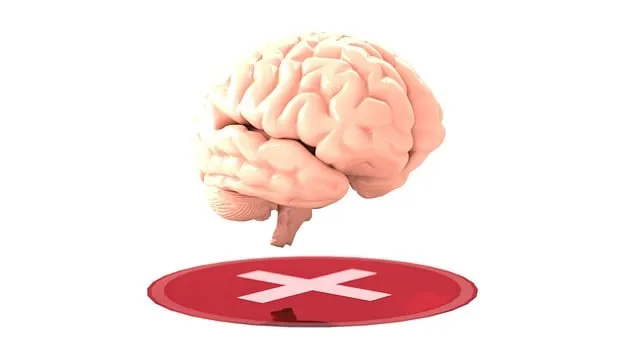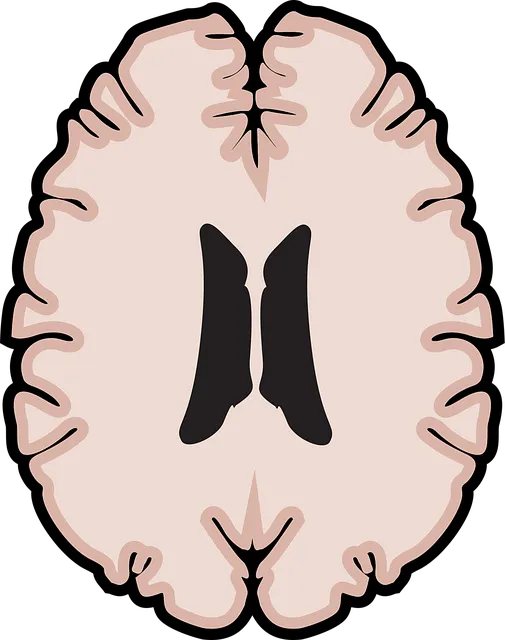Louisville's innovative mental health strategy prioritizes accessibility and cultural sensitivity. Kaiser covers mental health services through integrated care, cultural competency training, and public awareness campaigns. Training enhances patient interactions, reduces stigma, and fosters trust. Initiatives like Mental Wellness Podcast Series Production create inclusive environments tailored to diverse cultural needs, improving mental wellness outcomes.
Cultural competency training is transforming healthcare, ensuring providers understand diverse patient populations. This article explores this crucial aspect of modern medicine, focusing on successful initiatives from Louisville and Kaiser. We delve into their approaches to mental health services, access expansion, and integrated training for meaningful patient interactions. Understanding cultural competency is no longer an option; it’s a necessity, especially with organizations like Louisville and Kaiser leading the way in mental healthcare coverage.
- Understanding Cultural Competency in Healthcare
- Louisville's Approach to Mental Health Services
- Kaiser's Role in Expanding Access to Care
- Integrating Training for Effective Patient Interactions
Understanding Cultural Competency in Healthcare

Cultural competency in healthcare is an essential aspect that goes beyond treating symptoms and addresses the social, cultural, and psychological context of a patient’s life. It involves understanding and appreciating diverse cultures, beliefs, and values to provide quality care tailored to each individual’s unique needs. In today’s diverse society, Louisville’s healthcare providers must be equipped to serve patients from various ethnic backgrounds, ensuring equitable access to mental health services, including those covered by Kaiser.
This concept is particularly crucial in improving patient outcomes, especially regarding mental wellness. By incorporating cultural competency training, healthcare professionals can better recognize and address mental health concerns within specific communities. It fosters an environment where patients feel heard, understood, and supported, promoting self-care practices and Mental Health Awareness.
Louisville's Approach to Mental Health Services

Louisville has pioneered an innovative approach to mental health services, focusing on both access and cultural sensitivity. The city’s strategy involves integrating various community resources and healthcare providers to ensure a comprehensive support system for residents. This collaborative effort aims to improve cultural competency among mental health professionals, making services more inclusive and effective. By promoting cultural sensitivity in mental healthcare practice, Louisville does Kaiser cover mental health with a robust network that addresses diverse needs.
One of the key initiatives is the development of coping skills for individuals from various cultural backgrounds. This involves training mental health professionals to tailor their approaches, considering the unique beliefs, values, and practices that shape people’s understanding of mental well-being. Additionally, risk assessment for mental health professionals is a critical aspect, ensuring they are equipped to handle diverse cases with empathy and expertise.
Kaiser's Role in Expanding Access to Care

Kaiser plays a pivotal role in expanding access to care, especially in underserved communities like Louisville. By integrating comprehensive healthcare services, including mental health support, Kaiser aims to bridge gaps in care and improve public health outcomes. Their focus on cultural competency training empowers providers to offer personalized care that respects diverse backgrounds and beliefs. This is crucial for building trust within the community, ensuring that folks from all walks of life feel comfortable seeking help when needed.
In addition to direct patient care, Kaiser engages in Public Awareness Campaigns Development and Social Skills Training initiatives to foster a culture of mental wellness. These programs emphasize the Mind Over Matter Principles, encouraging open conversations about mental health challenges. Such efforts not only increase public awareness but also create a supportive environment where individuals feel empowered to take charge of their well-being, including seeking appropriate care from Kaiser if required, ensuring that Louisville residents have access to the comprehensive services they deserve.
Integrating Training for Effective Patient Interactions

Effective patient interactions are paramount in healthcare delivery, and cultural competency training plays a pivotal role in enhancing these encounters. Louisville does Kaiser cover mental health services as part of its comprehensive care approach, which emphasizes the importance of addressing various aspects of patient well-being, including mental wellness. Integrating training programs that focus on cultural awareness and sensitivity can significantly improve how healthcare providers communicate with patients from diverse backgrounds. These interactions are often influenced by cultural beliefs, values, and experiences, which can impact trust, adherence to treatment plans, and overall satisfaction.
The Mental Wellness Podcast Series Production has emerged as a valuable tool in fostering open conversations about mental health, breaking down barriers, and reducing the stigma associated with seeking help. Similarly, mental illness stigma reduction efforts within these training programs can empower healthcare professionals to better support individuals dealing with depression prevention and other mental health challenges. By integrating these initiatives, healthcare providers can create inclusive environments, ensuring that all patients receive respectful and empathetic care tailored to their unique cultural needs.
Healthcare provider cultural competency training is a vital step towards creating inclusive and effective patient interactions. As seen with Louisville’s innovative approach to mental health services and Kaiser’s commitment to expanding access to care, comprehensive training can significantly improve healthcare outcomes. By integrating these strategies, healthcare organizations like Kaiser can ensure they provide culturally sensitive care, addressing the diverse needs of their communities. Understanding cultural competency is no longer an option but a necessity, especially in light of Louisville’s successful initiatives and the ongoing need to bridge health disparities.






